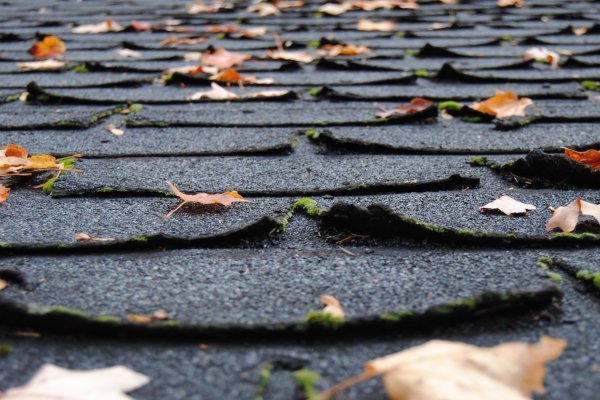
They're the best options you've got especially if you need a new roof but you're strapped for a budget. Asphalt shingle roofs have been around for decades, but it's undeniably one of the entry-level roofing materials that will always have its huge share of problems. Here are some of them.
You'll see these elevated sections and small areas on your shingles. These can happen when the asphalt roofing shingles have absorbed an extreme amount of heat from the sun. Oftentimes, it's because of poor manufacturing or your asphalt shingles reaching the end of its lifespan.
Asphalt shingles repel moisture and water during rainfall. However, if moisture has already penetrated the roofing material during manufacturing, these defective roofing shingles will buckle and curl immediately. The moisture can accumulate in the roofing shingles because of poor ventilation during installation too.
As mentioned earlier, poor roofing installation will cause huge problems such as curling. Additionally, you will encounter curled or damaged shingles due to wind uplift allowed by poor installation procedures. Improper installation by unlicensed roofers might have your roofing material warranty voided too.
Extreme temperatures will first cause blisters. Eventually, they will begin to crack or split open the asphalt shingles. Over time, splitting, tearing, and cracking will be apparent on your asphalt shingle roof as it ages and the material breaks down. These can be dangerous for your roof because it can let moisture inside and through your roofing underlayments.
Masco Inc. has a great discussion on what causes thermal splitting in asphalt shingles. Read more about it below:
Thermal Splitting and Cracking
The term thermal splitting or cracking is a bit of a misnomer as, in most cases, the result of thermal splitting is a tearing of the shingles. Regardless of what you call it, this tearing is caused by thermal expansion of the material. When temperatures soar, asphalt shingles expand; when the temperature inevitably goes back down again, the material contracts, which is what causes tearing.
Normally, asphalt shingles are immune to this effect, as advances in technology have made it so. If thermal expansion is having an negative effect on your roofing system, this is a good indicator that the asphalt shingles installed on your roof are defective or of low quality.
What It Looks Like
Thermal splitting looks very different from shingle cracking. Thermally split shingles aren’t randomly strewn out across the roof surface. Rather, they’re usually located close to each other on a particular section of the roof. The tears can run vertically or horizontally, and usually have a straight or a slightly jagged line that cuts between a shingle panel.
Asphalt roofing shingles have an estimated lifespan of 20-30 years. Any shingle roof living beyond this point is subject to replacement else the homeowner might face huge problems resolving its issues in the near future.
It's always important to not just have excellent roofing materials but exceptional roofers working with you as well. If you have yet to find a reliable roofer in Denver CO, then allow Roper Roofing's team of specialist roofers help you with all your roofing needs. Contact us today to learn more about everything that we can do for you.